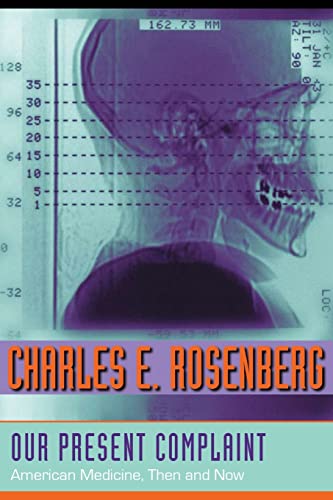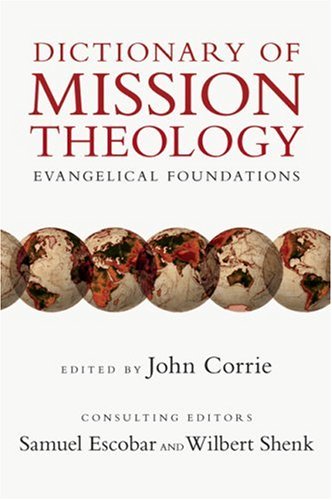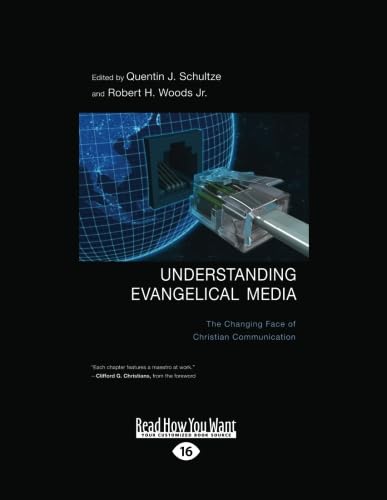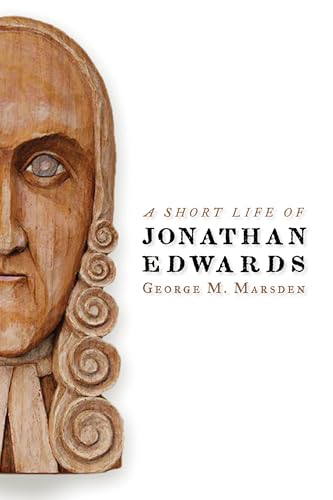Our Present Complaint: American Medicine, Then and Now
Written by Charles E. Rosenberg Reviewed By Sharon A. FalkenheimerToday most people, including medical professionals, are woefully deficient in their knowledge of history. Dr. Charles E. Rosenberg’s Our Present Complaint: American Medicine, Then and Now aims to put medicine’s present situation into its historical context and to help readers examine “medicine as a way of thinking about society” (p. 11). A professor of the history of science at Harvard and, therefore, outside of the medical world, he attempts to give an objective, long-term perspective to those who work and receive care within it.
He summarizes the principles of medicine since Hippocrates and emphasizes changes in the past two centuries. For most of the past 2000 years, medicine was practiced in the Hippocratic tradition. Medical practice incorporated specific “gentlemanly” behavior standards for physicians and emphasized the physician-patient relationship. Medical care was provided largely by families at home. Disease was viewed largely as the result of personal conduct and lifestyle choices. Diagnosis was vague and based on symptoms and physical findings. A wide variety of practitioners including midwives, surgeons, pharmacists, and natural/folk healers were sought out for care in addition to physicians. Hospital care was rare and medical specialties did not yet exist.
In the late 19th century, medicine became increasingly science-based and reductionistic. Diseases and the training of physicians were better defined. Diagnosis increasingly relied on technology, and medical specialties developed. Infectious diseases were caused by pathogens, rather than behavior, and were curable with antibiotics. Hospitals became more important for medical training and patient care.
More recently, medicine has become a bureaucratic system, as the role of third party payers and government agencies in the health sector increased. Costs soared and financial containment measures restrict physician choice and practice. Care is more scientific but less personal. Individualizing care is increasingly difficult as evidence-based medicine standards grow in influence. Increasing life spans and effective immunization programs shifted the focus back from acute to chronic disease. Personal conduct and lifestyle choices are again emphasized as the basis for much of the chronic disease burden. In contrast, problems such as homosexuality, alcoholism, and other addictions, which for most of Western history were viewed as social and behavioral problems, have become medicalized. Genetic traits and abnormal lab values (e.g., high cholesterol) have come to be viewed as medical problems, even when asymptomatic. Globalization and emerging diseases made health care issues transnational.
Rosenberg examines a number of medical issues over time, showing how their definitions and society’s perspectives toward them have changed. He examines the concepts of disease definition and the shifting boundaries between medical, psychiatric, and social problems. He discusses the assessment and management of risk and what he calls the “pathologies of progress” (environmental and occupational exposures). He addresses contemporary medical utopianism related to genetic and stem cell developments and the unrecognized likelihood of unintended consequences. The lure of alternative and complementary medicine and desire for and concept of holistic care are examined. He describes the origin of bioethics and its role in helping balance multiple variables and concerns in today’s extremely complex medical world.
Rosenberg defends the thesis that medicine is an inherently moral endeavor:
The professional identity and market plausibility of medicine … have rested historically on a special moral and intellectual style, formally transcending the material reality and reflecting the sacredness of human life and the emotional centrality of the physician-patient relationship.… [T]here remains something special about the physician’s vocation, about the profession’s peculiar configuration of ethical and knowledge based claims.… Medicine’s traditional identification with the sacred, the selfless, and the public interest has blurred and hybridized with the intellectual, the technical, and the instrumental (pp. 189–90).
Our Present Complaint is not a particularly easy read. However, it is a timely book. It examines important concepts and history that people need to be aware of and think through if they seek to understand and address the many problems with the American medical system. Americans are demanding change in their health system and health insurance. The President-Elect has promised it. Those who want to enter the arena and influence the direction of change would find their time well spent reading, thinking about, and discussing the concepts presented in this relatively slim volume.
Sharon A. Falkenheimer
The Center for Bioethics and Human Dignity, Trinity International University
Deerfield, Illinois, USA
Other Articles in this Issue
For Ezra had set his heart to study the Law of the LORD, and to do it and to teach his statutes and rules in Israel (Ezra 7:10)...
Salvation History, Chronology, and Crisis: A Problem with Inclusivist Theology of Religions, Part 2
by Adam SparksA fundamental requirement in an inclusivist understanding of the relationship between Christianity and other religions is evidence of God's salvific activity outside of any knowledge of Christ...
The Center of Biblical Theology in Acts: Deliverance and Damnation Display the Divine
by James M. Hamilton Jr.Acts 1:1 opens with a reference to what Jesus "began to do and teach"1 recounted in the Gospel of Luke, indicating that this second volume will carry the narrative of Jesus' actions and teachings forward...
Shared Intentions? Reflections on Inspiration and Interpretation in Light of Scripture’s Dual Authorship
by Jared ComptonIt was not too long ago that Kevin Vanhoozer answered the question Is There a Meaning in This Text? by relocating meaning in authorial intention,1 doing so even more robustly (not to mention, evangelically) than E...
The original question I was asked to address was "How does our commitment to the primacy of the gospel tie into our obligation to do good to all, especially those of the household of faith, to serve as salt and light in the world, to do good to the city?" I will divide this question into two parts: (1) If we are committed to the primacy of the gospel, does the gospel itself serve as the basis and motivation for ministry to the poor? (2) If so, how then does that ministry relate to the proclamation of the gospel?






